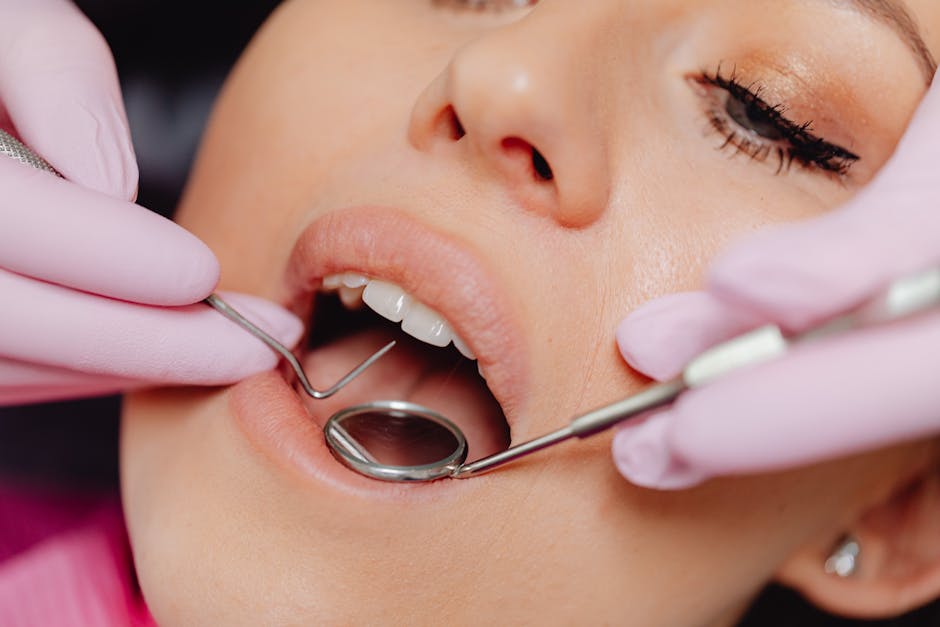Are you considering teeth whitening but worried about the potential damage to your enamel? Let’s explore the facts and myths surrounding this common concern.
Understanding Teeth Whitening
Teeth whitening is a popular cosmetic procedure that aims to brighten your smile by removing stains and discoloration from your teeth. The process involves the use of bleaching agents to lighten the color of the enamel.
There are two main types of teeth whitening methods: in-office whitening treatments performed by dental professionals and at-home whitening kits that allow you to whiten your teeth on your own. Both methods can be effective, but it’s essential to understand the potential risks involved.
While teeth whitening can enhance your smile, excessive or improper use of whitening products can lead to enamel damage. It’s crucial to follow the recommended guidelines and consult with a dentist before starting any whitening treatment.
Tooth sensitivity is a common side effect of teeth whitening. This sensitivity may occur during or after the whitening process, but it’s usually temporary. Your dentist can recommend desensitizing toothpaste or other solutions to help alleviate discomfort.
Understanding the basics of how teeth whitening agents work can help you make informed decisions about your oral care. By being aware of the potential risks and benefits, you can take steps to protect your enamel while achieving a whiter smile.
Effects on Enamel
Enamel is the outer layer of your teeth that protects them from daily wear and tear. It is the hardest substance in the human body, but it is not indestructible. When exposed to acidic or abrasive substances, enamel can gradually wear away, leading to various dental issues.
Teeth whitening products contain strong bleaching agents that can break down stains on the enamel. However, these agents can also weaken the enamel if used excessively or incorrectly. This can make the teeth more susceptible to damage and decay over time.
Enamel erosion is a serious concern when it comes to teeth whitening. This is why it’s crucial to follow the instructions provided with whitening products and seek professional advice to minimize the risk of enamel damage.
Common signs of enamel erosion include increased tooth sensitivity, discoloration, and rough edges on the teeth. If you experience any of these symptoms after whitening your teeth, it’s essential to consult with your dentist for a proper evaluation and guidance.
Protecting Your Enamel
There are several ways to protect your enamel while whitening your teeth. Firstly, opt for professional whitening treatments performed by trained dental professionals who can monitor the process and ensure your safety.
Using whitening products in moderation is key to preventing enamel damage. Overuse of whitening agents can strip away the enamel, leaving your teeth vulnerable to decay and sensitivity. Follow the recommended treatment schedule to achieve a brighter smile safely.
In addition to professional whitening, maintaining good oral hygiene practices is essential for enamel protection. Brushing with a fluoride toothpaste, flossing daily, and attending regular dental check-ups can help keep your enamel strong and healthy.
Consider incorporating enamel-strengthening products into your oral care routine. These products contain remineralizing agents that can help repair and strengthen weakened enamel, reducing the risk of damage from teeth whitening treatments.
Remember, a beautiful smile starts with healthy teeth. By taking proactive steps to protect your enamel and seeking professional guidance when whitening your teeth, you can enjoy a whiter, brighter smile without compromising your oral health.
Maintaining Enamel Health
Taking care of your enamel is crucial for maintaining good oral health. It’s essential to follow professional advice when undergoing teeth whitening procedures. Remember, a healthy smile is a beautiful smile!















